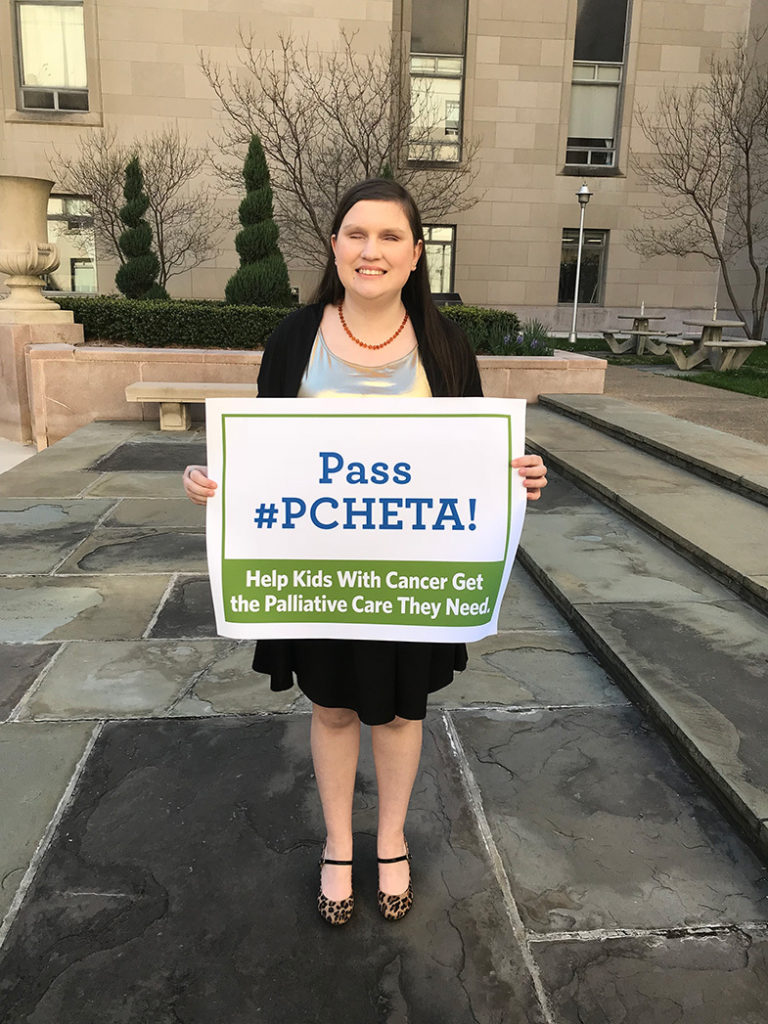Congress’s Focus on Palliative and Hospice Care Shines New Light on a Variety of Issues for Pediatric Cancer Patients and Families
About 10 years ago, the St. Baldrick’s Foundation expanded its research portfolio to include funding for supportive care grants. Since then, it has funded more than 40 innovative studies in this area. Supportive care, according to the National Cancer Institute, refers to care given to improve the quality of life of patients who have a serious or life-threatening disease.
Our supportive care grants have encompassed a wide variety of topics, including studies focused on psychosocial screening, survivors’ nutrition and physical activity, chemotherapy-induced neuropathy, and mindfulness training — just to name a few. These grants are in sync with needs across the spectrum of cancer in children and adolescents/young adults (AYA) from diagnosis through active treatment to post-treatment survivorship and life-long health surveillance. As many have said, the cancer experience doesn’t end when treatment ends. Supportive care can improve the quality of life for its entire duration.
For this National Hospice and Palliative Care Awareness Month, we’ve decided to look at some of the reasons why this category of care is so very important to pediatric cancer.
 Honored Kid, Tacey, showing her support for PCHETA, at the 2019 Action Days in Washington, D.C..
Honored Kid, Tacey, showing her support for PCHETA, at the 2019 Action Days in Washington, D.C..

 SBF
Tweets »
SBF
Tweets »